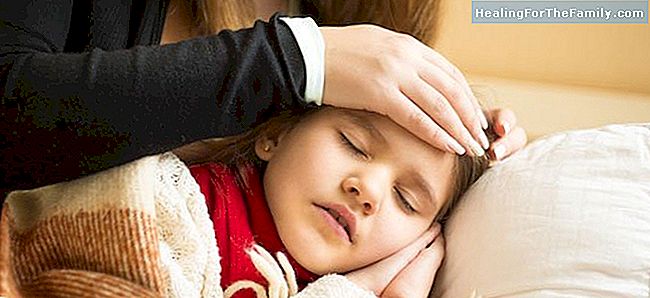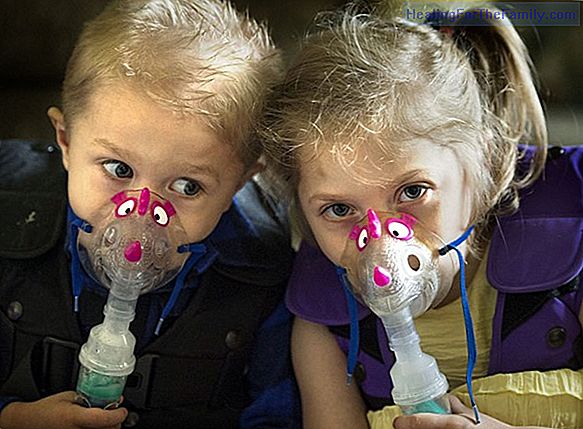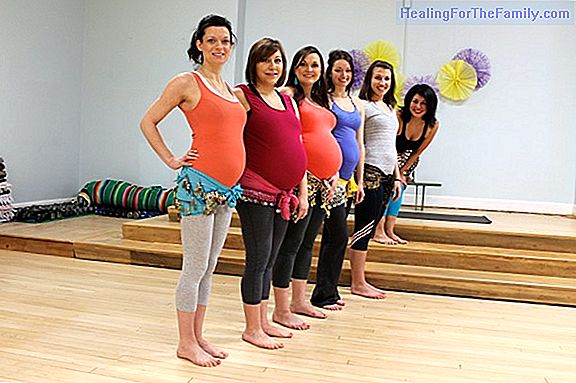Hepatitis B in children
Hepatitis is an inflammation of the liver. Hepatitis B (also called serum hepatitis) is caused by the hepatitis B virus (HBV). HBV can cause a wide range of symptoms, from general malaise to chronic liver disease that, in the long run, can lead to liver cancer. Hepatitis B is a viral infection of th
Hepatitis is an inflammation of the liver. Hepatitis B (also called serum hepatitis) is caused by the hepatitis B virus (HBV).
HBV can cause a wide range of symptoms, from general malaise to chronic liver disease that, in the long run, can lead to liver cancer. Hepatitis B is a viral infection of the liver that can lead to both an acute condition and a chronic illness.
How hepatitis B is transmitted to children

The hepatitis B virus can be transmitted to babies by a family member. The most common is that it occurs in the form of subclinical infection, when a family member or another adult carrier of the virus has frequent contact with the child.
The infection can occur in a non-obvious way (for example, if the adult has a small cut on the hand and the child has cracked skin due to eczema).
Contagiousness and symptoms of hepatitis B in children
The spread of hepatitis B occurs through infected body fluids, such as blood, saliva, semen, vaginal secretions, tears, and urine. And also by transfusions of contaminated blood, by sharing needles or infected syringes, by having sex with a person infected with HBV or by the transmission of a newborn by their infected mother.
According to the WHO, World Health Organization, children infected before the age of six are the most exposed to the risk of developing chronic infections.
The symptoms are the following:
- General malaise.
- Yellowish skin.
- Extreme fatigue.
- Dark colored urine.
- Abdominal pain. Vomiting and diarrhea.
How to prevent hepatitis B in childhood
The hepatitis B vaccine is included in the national immunization record of many countries, it is the Pentavalent vaccine, which is applied at 2,4, and 6 months, the American Academy of Pediatrics recommends giving the Hepatitis B vaccine to the newborn child, at one month and at 6 months of age.
The prognosis of hepatitis B is good and complications such as chronic hepatitis, fulminating or cirrhosis are found in approximately 10 percent of patients.












